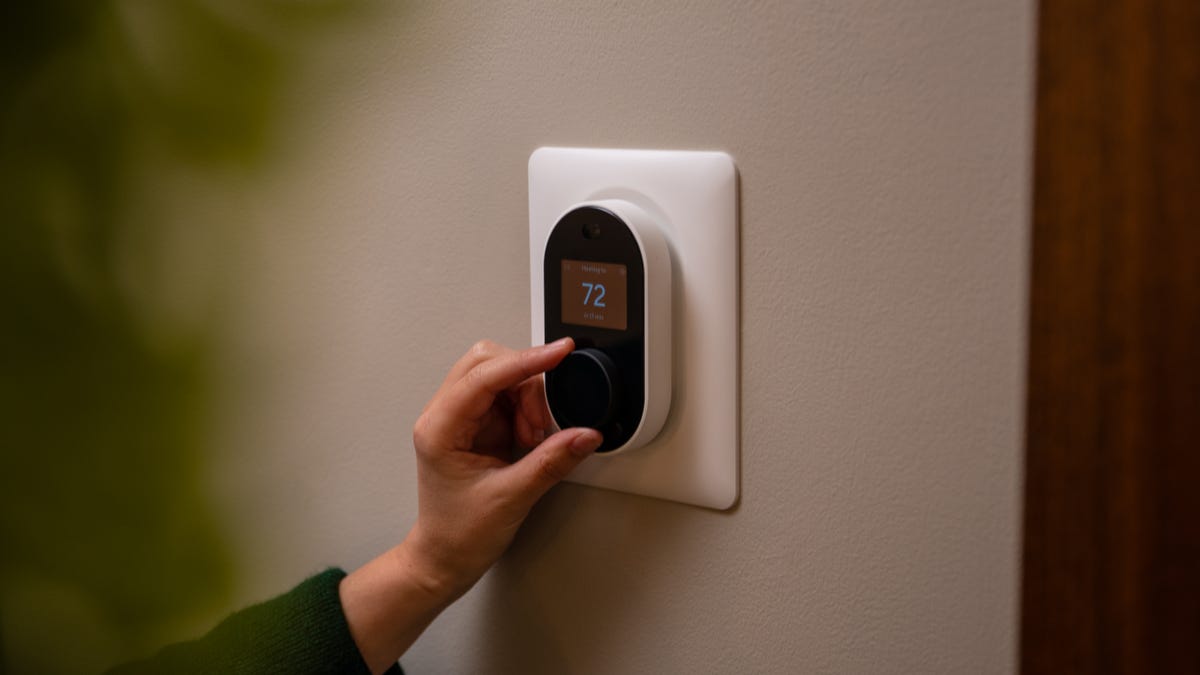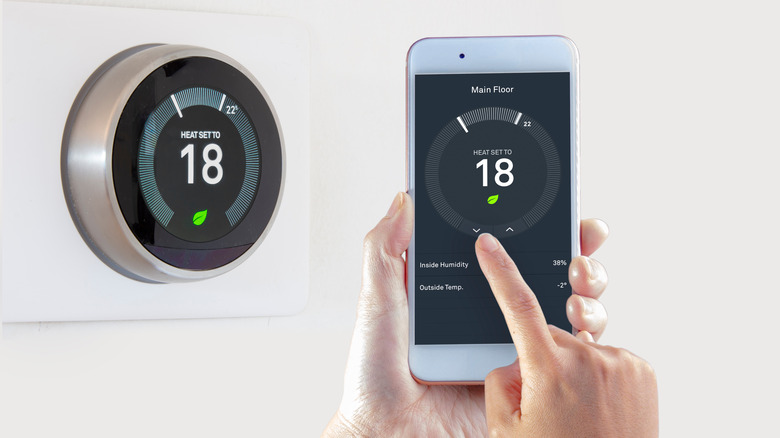Are you trying to find methods to reduce your heating costs? You certainly aren't alone in this. PBS reports that "approximately one in six American homes are behind on power payments" due to the nationwide increase in energy costs to their highest level in over 15 years.
As inflation soars, finding ways to keep warm without breaking will require ingenuity. While you may not be able to change the cost of natural gas, you may take steps to make your home more energy efficient. We consulted with home improvement and energy experts for their best advice on reducing that dreaded midwinter heating bill.
Fix Your Appliances

Spending money to save it is a reality. Suppose at least you're attempting to cut costs on your heating bill. It may cost you $80 to $200, but finding out whether there are any issues may prevent you from paying for a more expensive repair on the road.
One more eco-friendly option is to install solar panels for heat. The upfront investment is substantial, but the long-term benefits, like tax rebates, are substantial for homeowners. Don't wait for the total collapse of the system before making alternative preparations.
Clean Out Your Heater
Cleaning the heating system's ducts and filters is a less expensive alternative to a complete replacement if that's not within budget. Filters in heating, ventilation, and air conditioning systems should be replaced regularly.
Filters with a smaller surface area should be changed every few months, while those in larger systems may last six to nine months without maintenance. In most cases, the cost of buying and installing new filters will be offset by your HVAC system's improved efficiency and extended life.
Seal Air Leaks

Atlas Butler, a heating, cooling, and plumbing firm in Columbus, Ohio, vice president Jeff Starkey recommends visualizing your home as an envelope and sealing any holes or gaps. Keeping an eye out for drafts near pipes, doors, windows, and electrical and cable outlets. These issues may be remedied by installing inexpensive draft blocks and outlet sealers.
Starkey says the weatherstripping around your windows and doors should be in good shape. These materials contract in the cold; therefore, don't use them for construction. A professional may seal the gaps around your windows and doors for approximately $250, or you can do it yourself over the weekend.
Shutter The Windows
Around 30 percent of a home's heating energy is lost via windows, according to the Department of Energy. Naturally, you'll want to acquire replacement windows before the worst snow and freezing rain starts if they are old and warped. It might take weeks, if not months, to get new windows ordered and fitted, so don't put it off any longer.
Thermal curtains can be used temporarily until a replacement can be purchased. Long curtains or blinds help prevent heat loss through the windows and keep the warmth inside where it belongs.
They typically consist of two to four fabric layers with an insulating foam panel in the middle. Low-E window film is a great way to increase insulation without cutting down on natural light. As a shield, these thin coatings prevent heat from escaping through the windows and reflect it into the building.
Turn The Heat Down
Savings can be substantial, simply reducing the thermostat by a few degrees. The Department of Energy reports that a 10% reduction in yearly energy costs may be achieved by lowering the thermostat by 7-10 degrees for up to 8 hours. When you leave the house, at work, or on vacation, the thermostat should be set to the lowest comfortable setting.
In some areas, however, doing so might result in frozen and broken pipes. Investing in a programmable or smart thermostat that can automatically regulate the temperature according to your needs will save you the trouble of making frequent adjustments to the temperature.
Check For Budget Billing
Find out whether your utility company offers bill and use estimates. Budget billing, in which a utility company uses customer history to predict monthly costs, is another option, says Urbanek. She explains that while it will help you keep track of your monthly expenses, it won't truly help you save any money or energy.
It's more expensive to consume power during peak hours when there's a lot of demand on the system, according to Urbanek, who claims that other suppliers will provide plans based on the time when energy is utilized.



